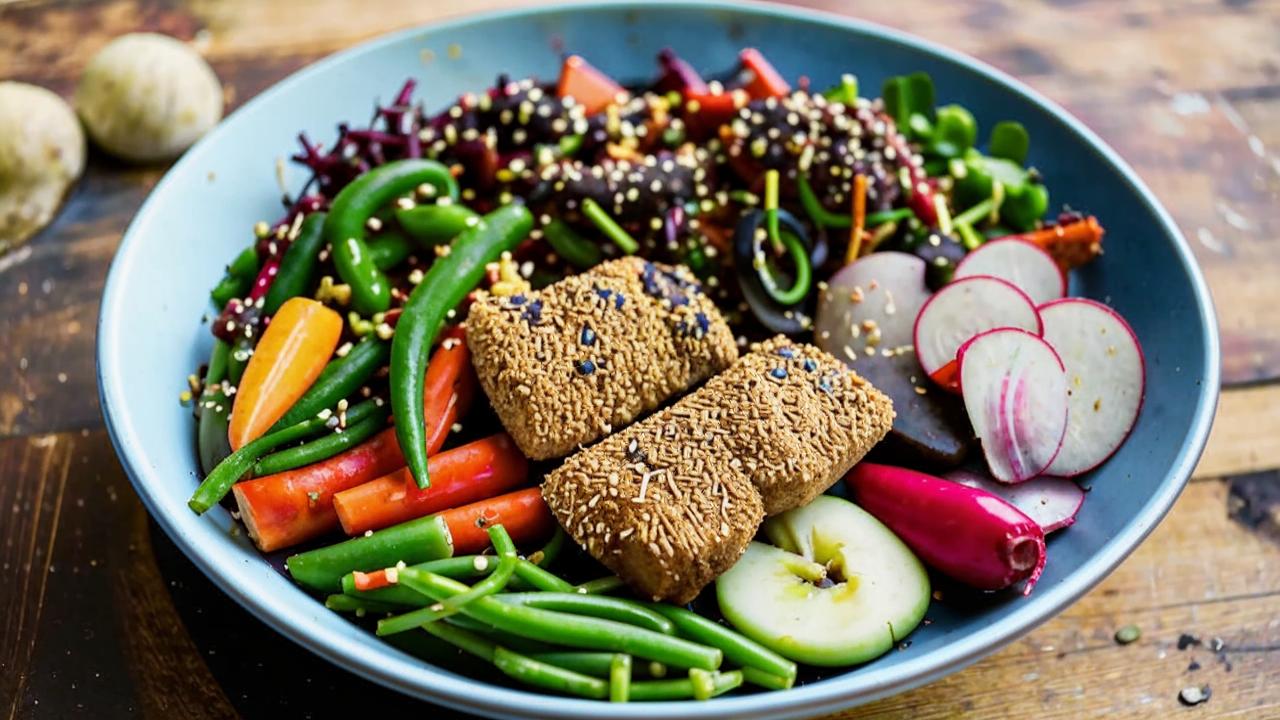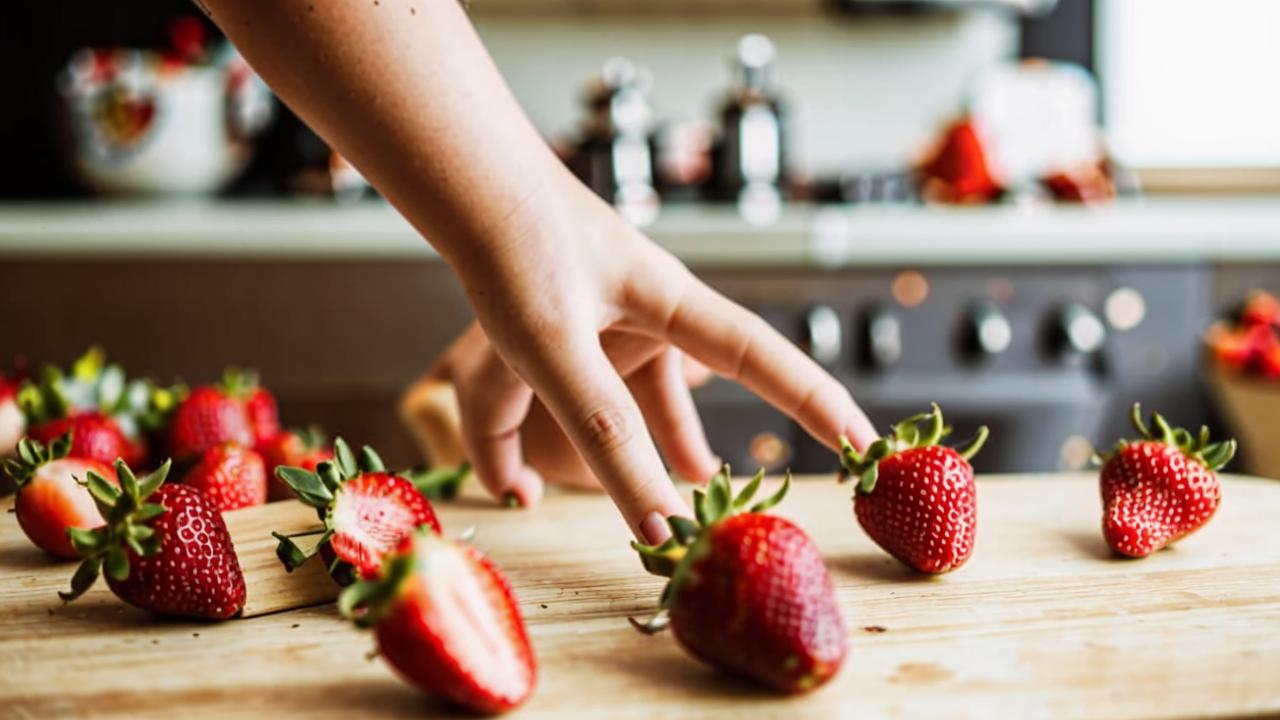More and more people are giving up meat, store shelves are full of plant-based alternatives, and vegetarian sections are appearing on café menus. The reasons for leaving the traditional diet vary. Some follow ethical, religious or environmental considerations. Others are convinced that a plant-based diet will make them healthier.
Vegetarianism is growing in popularity, but some still don’t believe that a meat-free diet can be complete. Should you worry if your loved ones have become vegetarians, and how safe is it to switch to a plant-based diet?

Mila Mikityuk
nutritionist
⠀
The vegetarian diet lacks protein
The question every vegetarian has heard at least once is “Where do you get protein?”. After all, it’s an essential part of the diet that builds, repairs and maintains the body’s structure. In fact, there are enough vegetarian sources of protein to avoid a deficiency: cereals, legumes, nuts. For example, soybeans contain 35 g of protein per 100 g of total weight, lentils – 24 g, beans – 21 g.

But protein of plant origin is digested more slowly and in a smaller volume compared to animal proteins. Therefore, before switching to a vegetarian diet, the expert recommends consulting a doctor and taking tests to make sure that protein digestion is normal. In addition, in order for protein to be digested, it is important to consume enough fiber, maintain water balance and avoid excessive food processing.
Essential amino acids are found only in meat
Essential amino acids are not synthesized by the body. It gets them from food. Meat is a complete source of protein, because it contains all nine essential amino acids. Often when switching to vegetarianism, people forget to add products that would replace meat. In this case, the diet becomes meager and over time develops a deficiency of vitamins and minerals. Nutriciologist notes that the necessary amino acids can be obtained from plant sources, if you approach the matter wisely: constantly add new products and combine them with each other.

American researcher Frances Lappe in the early 1970s in her book “Diet for a Small Planet” recommended combining different plant foods to get complete protein with one meal. For example, combinations of buckwheat and beans, rice and chickpeas, quinoa and lentils all contain amino acids.
However, in 2009, the American Dietetic Association reported that it is not necessary to combine different sources of protein in one meal, as the liver accumulates amino acids. Protein needs can be met by eating a variety of plant foods and sufficient calories. Studies show that variety in the daily diet provides the body with all essential amino acids.
Vegetarianism provokes iron deficiency anemia
People on a traditional diet also face this problem when they consume little iron-containing foods. A distinction is made between heme iron, which the body gets from animal sources, and non-heme iron – it is taken from plant sources. Vegetarians digest iron more slowly and poorly, so they need to consume more iron-containing foods than meat-eaters.
Plant record holders in iron content: sesame (16 mg per 100 g), lentils (12 mg per 100 g), soybeans (10 mg per 100 g), buckwheat (8 mg per 100 g).

The expert notes that the cause of anemia can be not only insufficient iron in food, but also poor absorption due to problems with digestion or microflora. Therefore, it is important to take regular tests and provide the necessary and timely support.
Vegetarianism is not suitable for pregnant women and children
Future moms are often discouraged from a vegetarian diet, since during pregnancy the body behaves unpredictably, due to which the hormonal background changes. During this period, the baby’s skeleton is being formed in the womb, and it is necessary for a woman to receive all nutrients. It is no less important for children, because they grow and spend a lot of energy.
According to the nutritionist, the main problem of vegetarianism during pregnancy and childhood is that not all people make the diet varied enough, many people forget to take regular tests and consult with doctors and neglect vitamin support.

However, the international Academy of Nutritional Science and Dietetics Eat Right states that a well-designed vegetarian diet is suitable for people at any stage of life, including pregnancy, lactation, infancy, childhood and adolescence.
How to give up meat without compromising your health?
Variety your diet. Add more berries, fruits, nuts, legumes and cereals to your diet. From cereals eat not only buckwheat and hercules, but also quinoa, amaranth, bulgur, spelt, barley.
Less subject products to heat treatment. This way you can preserve vitamins, for example, in vegetables.
Take regular tests. About once every six months to see how the body functions. Monitor hemoglobin, total protein levels, calcium, vitamins D3 and B12.
Do everything out of care and love for the body and don’t go to extremes.





